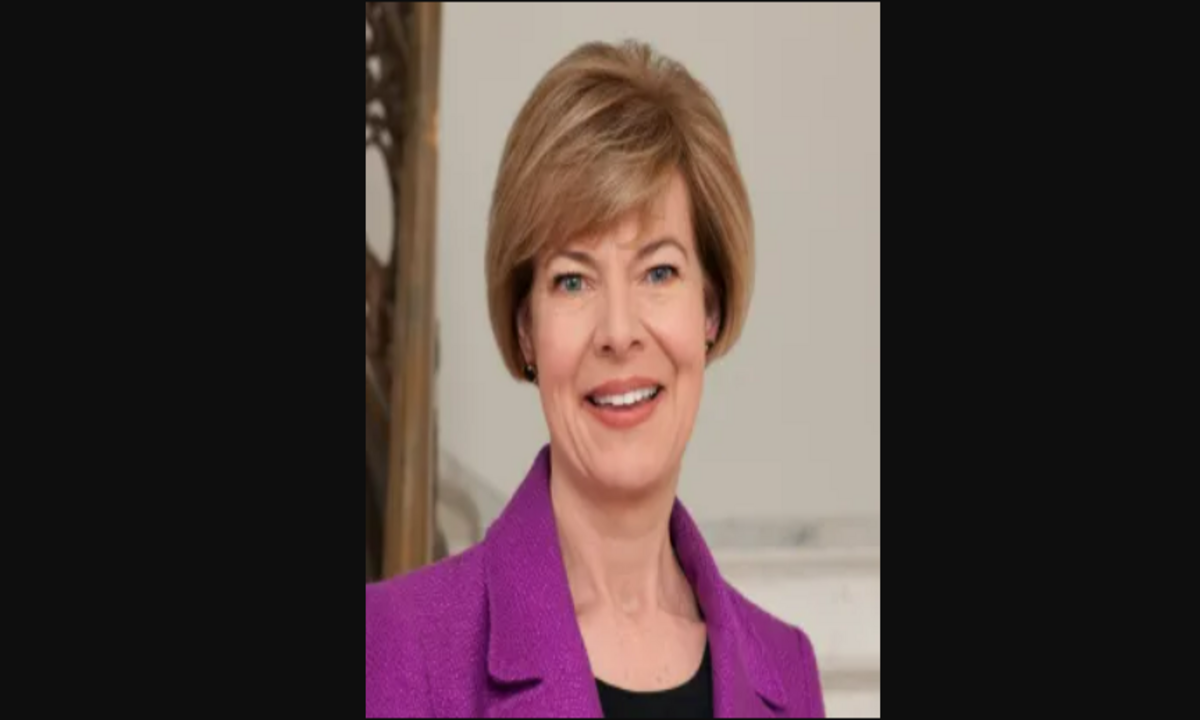COLUMBIA, S.C. — A massive accounting error involving $1.8 billion has led to federal investigations and the resignation of South Carolina State Auditor George Kennedy. The financial mishap, which remained unnoticed by lawmakers for years, has sparked outrage and prompted major scrutiny of the state’s financial oversight processes.
The $1.8 Billion Error
The accounting discrepancy came to light in late 2022, revealing that $1.8 billion, previously believed to be available in state accounts, was an error in financial reporting. Despite the state treasurer, comptroller general, and auditor being aware of the issue for several years, lawmakers were kept in the dark until recently.
In response to the revelation, South Carolina hired Washington, D.C.-based consultants AlixPartners for $3 million to conduct a thorough investigation. Their report confirmed the error and recommended significant changes to prevent such issues in the future.
Auditor’s Resignation
On Thursday, George Kennedy submitted his resignation letter to the State Fiscal Accountability Authority, chaired by Governor Henry McMaster. In his letter, Kennedy stated that stepping down was in the best interest of his office. Shortly after, Governor McMaster accepted his resignation.
Kennedy’s departure comes amid growing criticism over his office’s handling of the situation. According to testimony from AlixPartners’ investigators, Kennedy did not personally conduct any audits related to the error, nor did he thoroughly review his team’s work. This revelation raised further questions about the oversight and responsibilities of the State Auditor’s Office.
Senate Hearings and Recommendations
The independent report from AlixPartners has led to a series of legislative hearings. Lawmakers have expressed frustration with the lack of accountability and transparency among the state’s financial leadership. Among the report’s recommendations is a restructuring of the State Auditor’s Office to eliminate conflicts of interest. Currently, the office reports directly to both the state treasurer and comptroller general, a setup lawmakers argue is flawed.
“He’s having to point to deficiencies with the people who give him his job. There’s an inherent conflict there,” said Senator Larry Grooms, chair of the Senate subcommittee investigating the issue. Lawmakers plan to implement all recommendations from the report, including hiring an independent consultant to oversee state finances.
Outside Partnerships Under Scrutiny
The report also highlighted a longstanding partnership between the State Auditor’s Office and CliftonLarsonAllen, an external auditing firm. South Carolina paid $380,000 for their services this year, but lawmakers have questioned the quality of the work delivered. The report suggests reevaluating this partnership to determine if it remains in the state’s best interest.
Leadership Shake-Up
Kennedy’s resignation follows that of former Comptroller General Richard Eckstrom, who stepped down in 2023 under pressure from lawmakers. With Kennedy’s departure, Treasurer Curtis Loftis is the only remaining financial official involved in the debacle. Loftis has faced calls for his resignation as well, and a resolution has been filed in the House of Representatives to begin impeachment proceedings against him. However, Loftis has denied any responsibility and has resisted stepping down.
Moving Forward
The $1.8 billion accounting error has underscored the need for stronger financial oversight and transparency in South Carolina. Lawmakers are determined to implement reforms, including restructuring the State Auditor’s Office and improving financial reporting processes.
The incident has also raised concerns about the effectiveness of external partnerships and the state’s ability to manage its finances responsibly. With two key financial leaders already out of office, the focus now shifts to ensuring that such mistakes do not happen again.
Final Thoughts
This high-profile financial error has left a significant mark on South Carolina’s government, leading to resignations and calls for reform. As lawmakers work to restore trust in the state’s financial systems, the outcome of these investigations and proposed changes will play a crucial role in shaping the future of fiscal accountability in South Carolina.
Disclaimer—Our team has checked this article to ensure its accuracy and eliminate any misinformation. We are committed to providing clear and reliable information for our readers.




